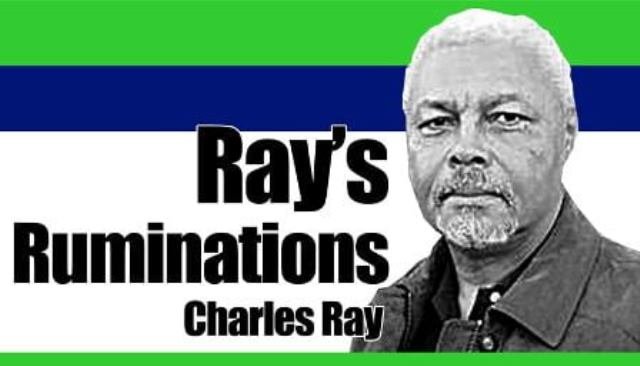
I seldom watch TV, and when I do, there are some things I try my best to avoid. One of those things is the media obsession for the ongoing legal issues of our former president – three indictments now and counting. Unfortunately, I was recently in a situation where it was unavoidable and at the time happened to be in the company of an old friend who grew up in South Korea.
The incident was the third indictment, where the former president was indicted in connection with the January 6 assault on the U.S. Capitol. The defendant, as is usually the case in indictments in this country, entered a plea of ‘not guilty.’
My Korean friend was shocked. “We all saw what happened, what he did, and what he said on and before January 6,” he said. “By pleading not guilty, he will get more severe punishment, right?”
“No,” I responded. “His punishment will depend upon whether or not he’s found guilty by a juror and what punishment the law provides for the crimes he’s accused of.”
“How can that be? He is clearly guilty. We all saw it.”
My friend was completely baffled. He told me he’d been just as baffled when the man pled ‘not guilty’ at his second indictment for illegally retaining classified documents and trying to cover the fact up. I tried to explain.
“In the American system, every person accused of a crime is presumed innocent until found guilty in a court of law,” I said. “If the police catch a bank robber coming out of a bank with a bag full of cash and they arrest him. He still has the right to plead not guilty at his arraignment and make the prosecution prove his guilt. That’s the way our system works.”
My friend shook his head in dismay.
“So, how does someone who is obviously guilty hope not to be convicted?”
“It’s difficult, but not impossible. They might take advantage of a technicality, such as an improper arrest, or mishandling of evidence, or a witness gives contradictory testimony. It has happened. But even if they’re found guilty, the fact that they pled not guilty won’t usually impact the sentence they receive. That’s determined by the crime.
His confusion was baffling until I recalled the many years I worked in Asia, including nearly four years as a diplomat in China, where I had a chance to see the justice system at work up close. I remember two cases in particular. In one, a teacher in a rural area published a math book for his students because the school couldn’t afford to buy them.
Believe it or not, publishing a book without a government license is illegal in China – or was at the time – but the teacher pled not guilty with extenuating circumstances. He was sentenced to twenty years in prison and served the whole term.
In another case, a businessman, after drinking too much at an afternoon meeting, fell asleep in his hotel with a lit cigarette in his hand. It caused a fire in which eleven people died. He was charged with accidental manslaughter and destruction of property. At his trial he admitted his guilt and asked for mercy. He was sentenced to more than twenty years, but because he behaved in prison was paroled after six months. It was explained to me that they system is lenient with those who admit guilt, but extremely harsh with those who force the government to prove their guilt.
I remember being completely baffled for a long time, but finally coming to understand how some cultures take such a view of justice. I’m not sure, though, that my friend will ever understand the American system. Given that at times – such as the current situation – I don’t understand it myself.
We have a system that looks good on paper. No one is above the law and everyone is entitled to a day in court, but those who are wealthy and politically connected seem at times to be well above the law, and they are able to use their money and power to postpone their day in court for a long, long time. In addition, even when they’re found guilty, it seems that they always get sentenced at the lenient end of the scale as compared to defendants of lesser means.
I’ll keep trying to explain it, though, because I believe strongly in the rule of law – even if it doesn’t always make sense. – NWI



